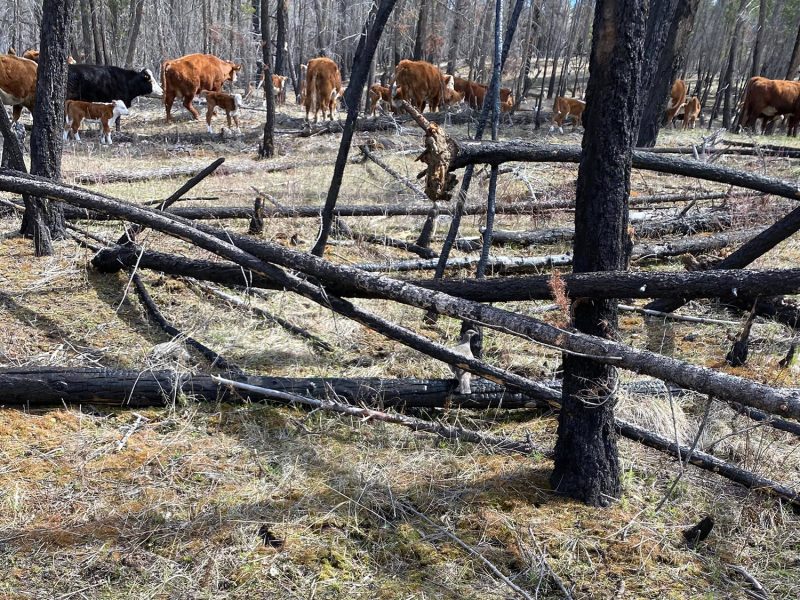MLAs returned to Victoria this week for their final sitting before this year’s provincial election, but agriculture rated barely a mention in the government’s agenda.
The top priority for the government is pushing through amendments to the Land Act in the name of reconciliation, according to the speech from the throne delivered by Lieutenant Governor Janet Austin on February 20.
“Your government remains committed to implementing the Declaration on the Rights of Indigenous Peoples Act, which was endorsed unanimously by this legislature,” she said. “This work is about partnership and cooperation, which underpins everything we do here. Most importantly, it’s about a better future for everyone who calls this land home.”
BC Cattlemen’s Association leaders oppose the proposed changes, which have yet to be revealed. They have called on government to consult with industry prior to introducing amendments to the Land Act – which governs Crown tenure – in late April.
Concerns from agriculture and other sectors regarding the lack of clarity regarding the yet-to-be announced changes were passed over in the throne speech, but Opposition MLAs have been gathering concerns in townhall meetings around the province with an eye to challenging government’s plans.
The one reference to agriculture in the throne speech was with respect to the effects of climate change, and funding for mitigation strategies.
“Just last week, new funding was announced to upgrade the Barrowtown pump station in Abbotsford and protect farmers in the Sumas prairies and communities in the Fraser Valley,” Austin noted.
The funding, $76.6 million in provincial dollars to cover upgrades to the Barrowtown pump station, came in lieu of federal action on a request from Abbotsford for contributions to its $1.6 billion flood-mitigation strategy.
“The province is not waiting for the Feds,” Premier David Eby said, putting his heart into the February 14 announcement. “We’re here for the continuing costs of recovery.”
However, the backwards glance in the throne speech was followed by no new initiatives for agriculture.
Spending estimates for agriculture programs in the coming year will be outlined in the provincial budget, to be delivered February 22.


 SIR appoints new GM
SIR appoints new GM